More than 800 million girls and women menstruate daily around the world. Yet, all thiese while, girls are facing unnecessary adversity dureing mesnturation times. Yet, no one is talking about it.
It’s disgraceful that our society is having this problem and more disgraceful that we feel ashamed of talking about it.
Although some countries around the world have lifted the tax on menstrual product as luxury items, others continue to use it as a form of gender-based discrimination.
In Africa especially, girls are battling and suffering in silence in serious period poverty with the fear of reaching out for help.
Mensturation or period is a very natural pehnomenom for girls. Starting at the early stage of birth menstruation is one of the several stages of growth and maturity for the Girl child.
Young girls are being left alone to cope with thier period problems right from the early stage of their adolescent. Some parents do try, but some do not, as well as the Government and society as a whole.
The BBC HAUSA reported recently about a young girl from Kenya that committed suicide because she was shamed by her teacher as a result of being stained by mentrual blood during school hours. The Girl had nothing to use as pad or napkin to protect her. This story is just one of many young Gilr’s stories and thier reasons for missing school during their period days; according to a recent report by the UNICEF.
These problems are now making young girls suicidal as a result of depression from the lack of access to the right information and knowledge on how to manage their periods,
At a local community in Kano during one of our #FreePadsForGirls campaign intervention, I met a young girl of 13 years. She look very naïve and innocent such that she coudn’t even raise her hand to indicate that I haven’t give her the pads. As I approached and handed it over to her, she asked for my phone number.
I asked her if she had a cell phone and she replied that she uses her brother’s phone to call her friends, so I wrote it on a piece of paper for her and she left.
She is one among many young girls that keep calling and thanking us for bringing them the awareness of breaking the silence, and knowledge sharing by our team of health workers.
During our several calls with her, the girl was telling me that before we came to their community, even if she managed to save enough money to buy pads, she feels scared to use it because of the rumors that pads caused cancer. Her mother uses traditional cloths so she is not able to advise her; and she was too embarrassed to ask her teachers at school. Therefore, she prefer to skip class when she was on her period, but she feel comfortable enough with sharing her concerns with me because I give her a listening ear. She said, I changed her life on matters relating to menstrual hygeine.
I wish to challenge African parents, governments and society to make menstrual hygiene management a priority. Educating girls on menstruation will promote healthy habits and breaks stigmas around the natural process. Meeting the hygiene needs of all adolescent girls is a fundamental human rights.
According to UNICEF, poor menstrual hygiene can cause physical health risks and have been linked to reproductive and urinary tract infections. Young girls who do not receive an education on menstrual hygiene are more likely to face pregnancy malnourishment and complications as a result.
Let’s come together to normalize menstruation and destroy the taboos around the natural process. There is the need for policy formulation to make menstrual products, sanitation and hygiene accessible and affordble if not free.
I demand that the Government should prioritize menstrual equity policy, as at the moment, many people are often torn between purchasing food stuffs or buying menstrual hygiene products.
We need to create a strong platform for girls to say their opinion and share their pain in order to curb the long silence menace.
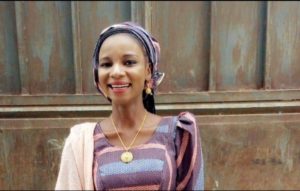
Zainab Naseer Ahmed is a menstrual hygeine activist.


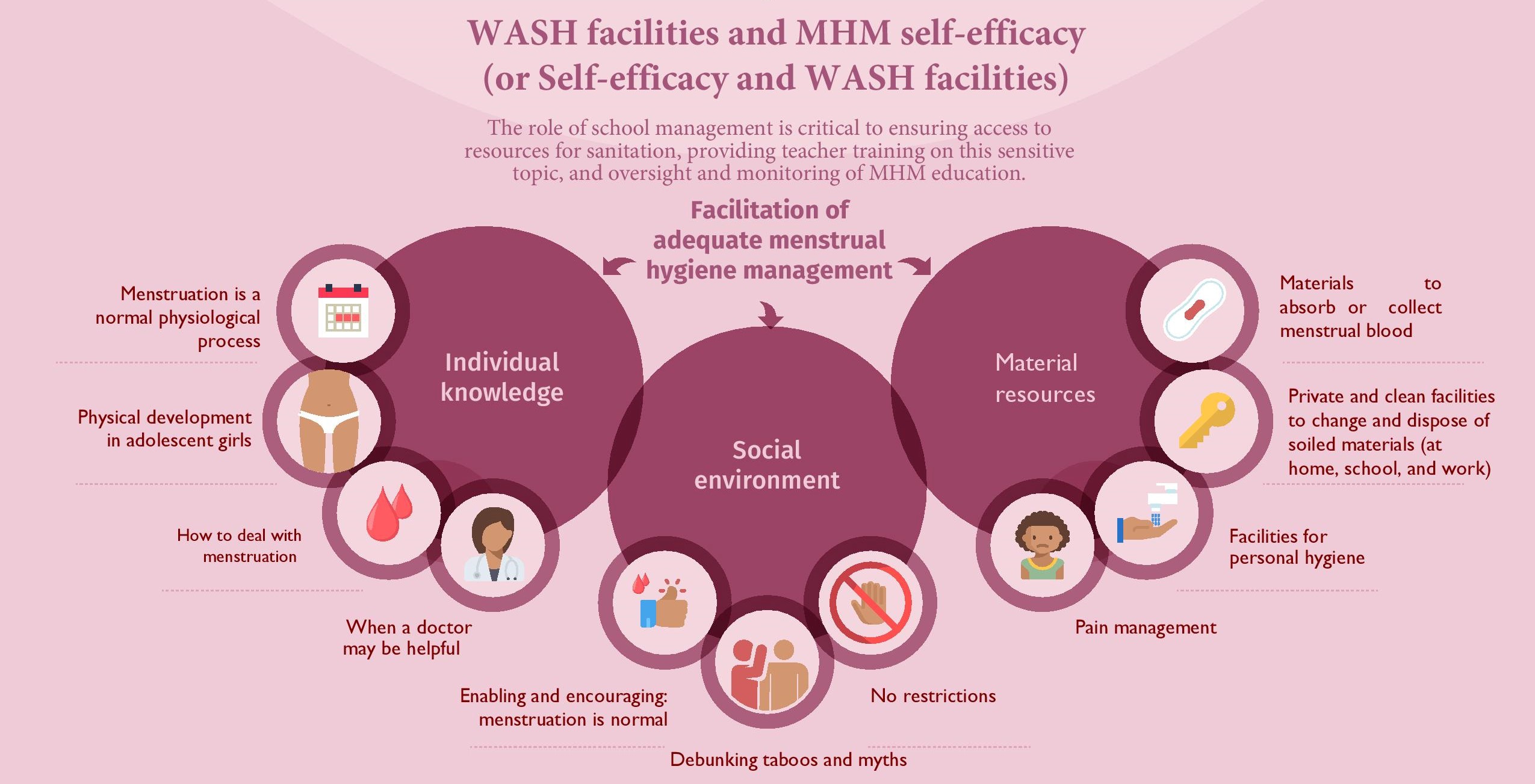

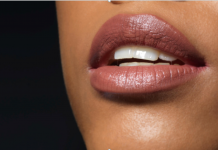


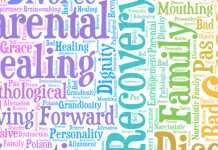

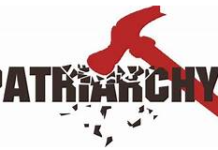

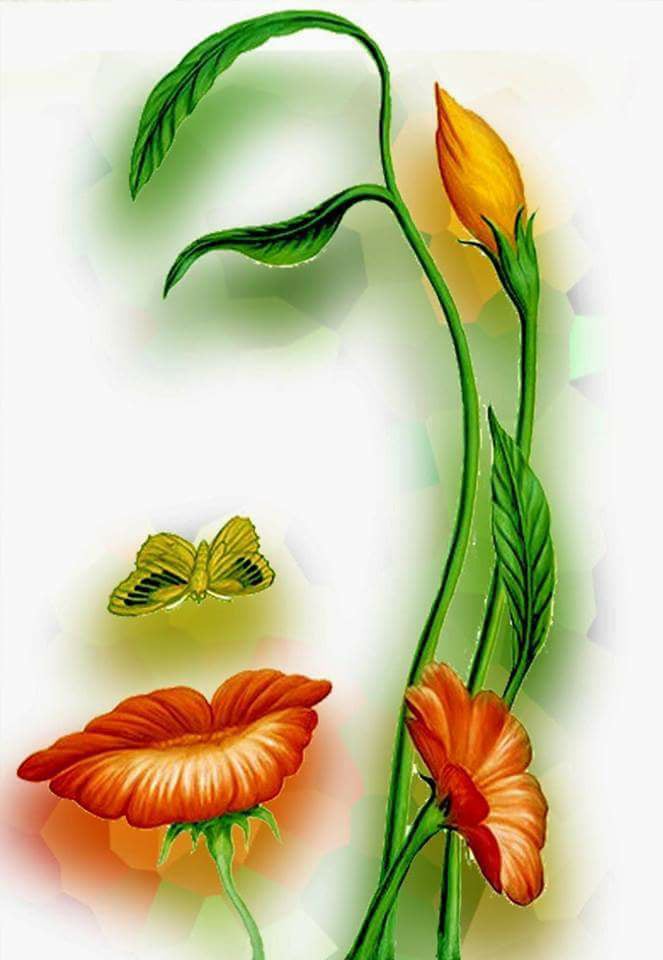

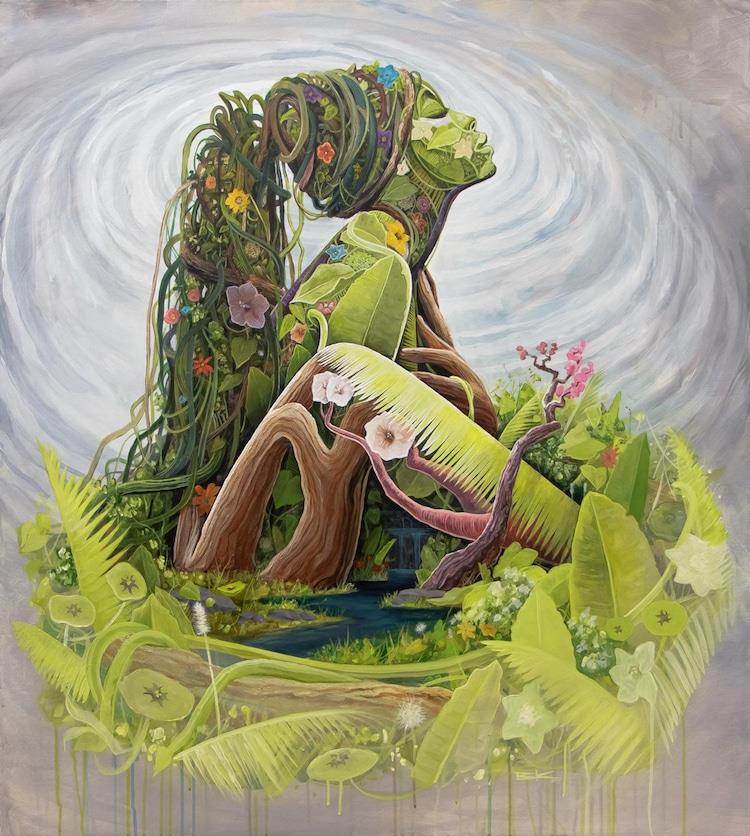







Kudos to your hard work towards helping your adolescent girls on this issue of menstruation, keep the good work up??
Zainab may Allah reward you for helping your fellow girls out of darkness with regards to personal hygiene especially during menstrual periods this is a serious challenge in the North particularly the core North. Thanks
This is indeed a clarion call for all responsible parents and guardians. Keep it up!
I give u my support for creating a strong platform
Wonderful work you are totally doing a good things God continue blessing you nice
I met with the several and numerous women activists but,I hadn’t once comes to across to anyone whose activism and advocacy inspire me pinnacly than your’s,I wishes all comrades to be thinking in the same way you do!
Keeps educating our sister,daughters and neighbors towards the menance of this serious problem as it being increasing in a geometric progression.